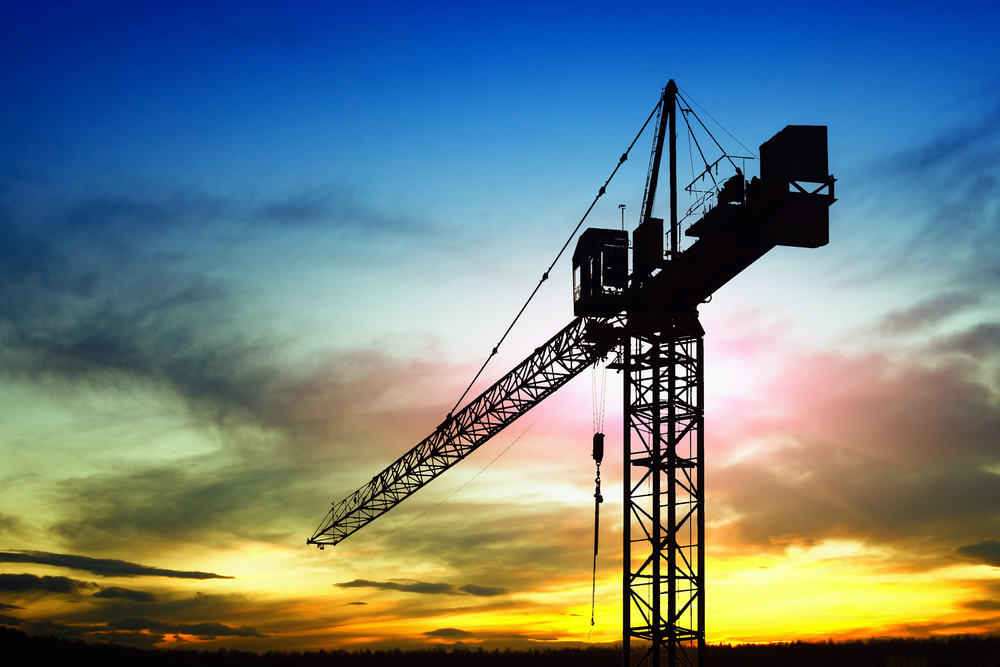Investing in construction is often considered a cornerstone of economic development and a reliable pathway to financial growth. From individual investors to large corporations, the construction industry offers a unique combination of stability, flexibility, and long-term returns. Below are some compelling reasons why investing in construction is always a smart choice.
1. High Demand for Infrastructure Development
The global population continues to grow, and with it comes an ever-increasing demand for housing, commercial buildings, roads, and public infrastructure. Urbanization is rapidly advancing, especially in emerging markets, driving the need for construction projects that cater to expanding cities. Governments and private entities invest heavily in infrastructure to meet these demands, ensuring a steady flow of opportunities for investors in the construction sector.
2. Consistent Returns and Value Appreciation
Construction projects often result in tangible assets, such as buildings and infrastructure, that appreciate in value over time. Real estate, in particular, tends to deliver consistent returns through rental income and property value appreciation. Moreover, as inflation rises, the cost of construction materials and labor typically increases, which can further boost the value of completed projects. This makes construction a hedge against inflation and a reliable investment option.
3. Job Creation and Economic Stability
The construction industry is a significant contributor to economic stability in many countries. It provides millions of jobs across various sectors, from manual labor to engineering and project management. When you invest in construction, you’re supporting an industry that underpins economic growth and resilience. This inherent connection to broader economic trends ensures that construction investments remain relevant and impactful.
4. Diverse Investment Opportunities
Construction is a diverse field offering multiple avenues for investment. These include residential housing, commercial properties, industrial complexes, and infrastructure projects like bridges and highways. Additionally, investors can explore opportunities in construction-related industries, such as manufacturing construction equipment or becoming a construction supplier. This diversity allows investors to build a well-rounded portfolio and mitigate risks by diversifying across sub-sectors.
5. Technological Advancements and Sustainability
The construction industry has seen rapid advancements in technology, such as building information modeling (BIM), green construction techniques, and 3D printing. These innovations reduce costs, improve efficiency, and enhance sustainability, making construction projects more attractive to environmentally conscious investors. Investing in construction today positions you to benefit from these cutting-edge trends while addressing global challenges like climate change.
6. Flexibility in Investment Scale
Unlike some industries that require significant capital to enter, construction investments can be tailored to suit different budgets. From small-scale renovation projects to large infrastructure developments, there’s a range of options for investors with varying financial capacities. This scalability makes construction accessible and appealing to both individual and institutional investors.
7. Tangible and Durable Assets
One of the biggest advantages of investing in construction is the creation of tangible, durable assets. Unlike stocks or cryptocurrencies, which can be highly volatile, buildings and infrastructure offer long-term value and utility. These assets can generate ongoing income or be sold for a profit, making them a stable and predictable investment.
In Conclusion
Investing in construction is a smart decision for anyone looking to achieve consistent returns, contribute to economic growth, and build long-term wealth. With its diverse opportunities, technological advancements, and enduring value, the construction industry remains a robust choice for investors. Whether you’re backing residential projects, large-scale infrastructure, or becoming a construction supplier, the possibilities are both dynamic and rewarding.
(Disclaimer: This content is a partnered post. This material is provided as news and general information. It should not be construed as an endorsement of any investment service. The opinions expressed are the personal views and experience of the author, and no recommendation is made.)
